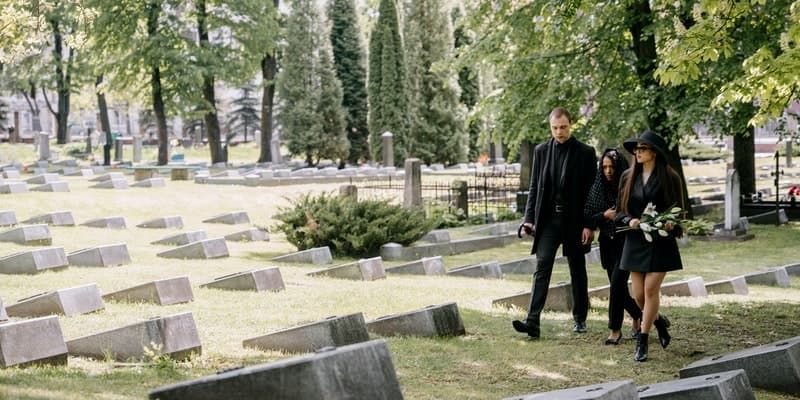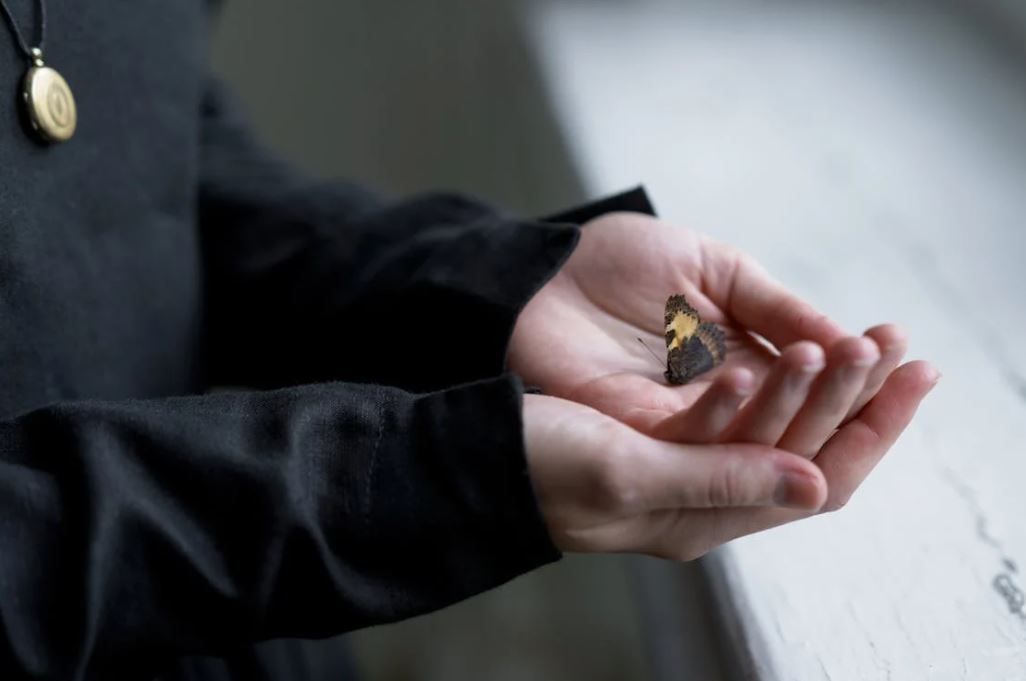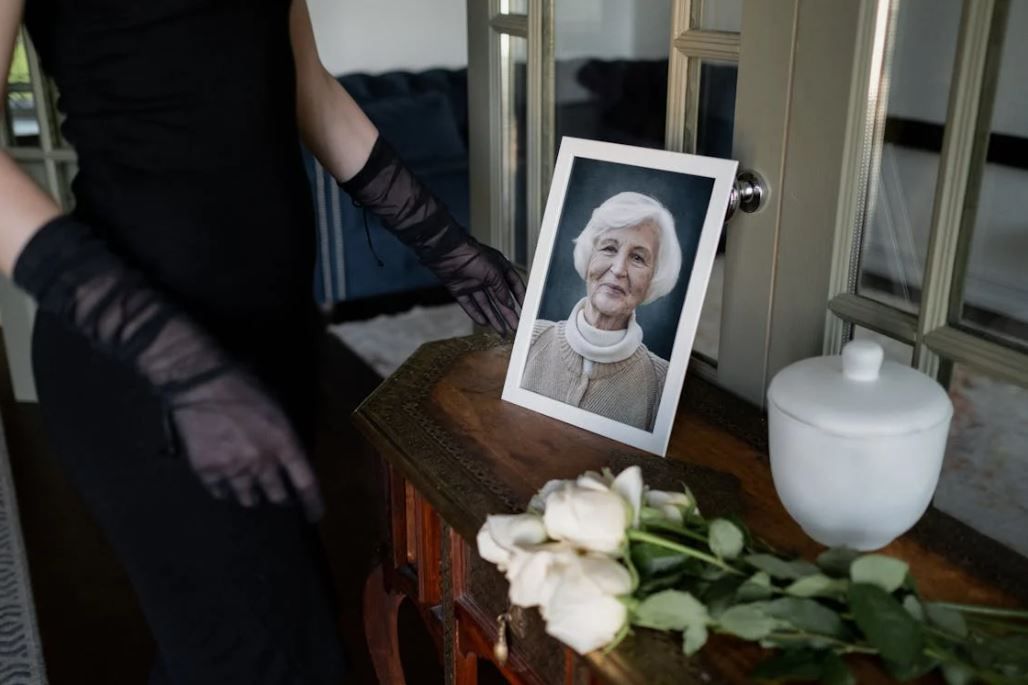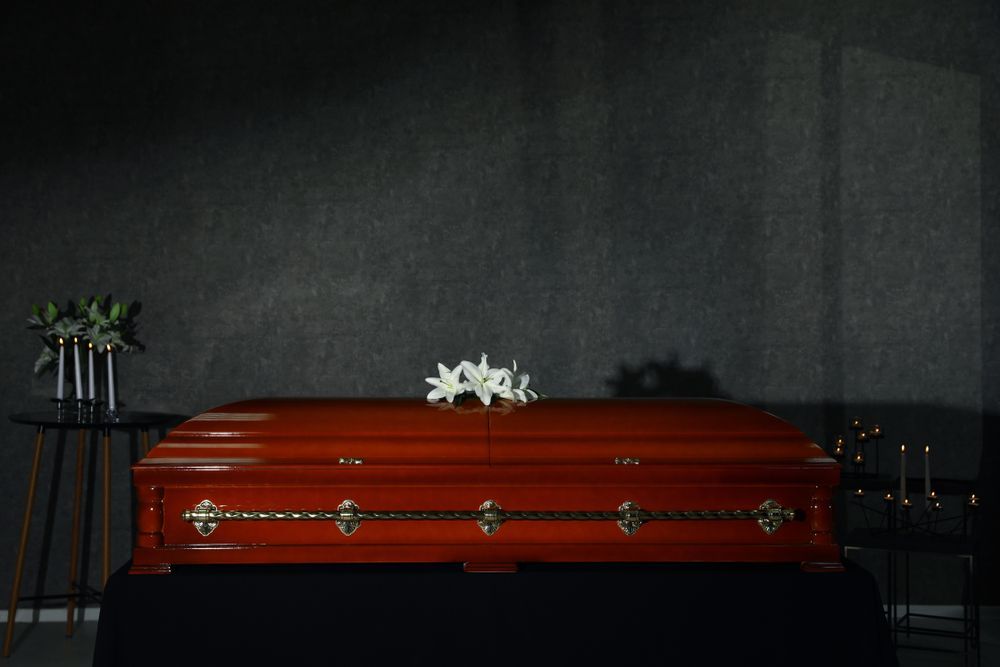Immediate Funeral Planning Steps: Contact, Transport, Remains
Immediate Funeral Planning Steps: Contact, Transport, Remains
The loss of a loved one or close friend is always a difficult experience, and some stress may be added for those who are in charge of or helping with funeral planning. At the same time, there are professionals whose job it is to make this process simple and easy for individuals or families making funeral plans, and leaning on them for assistance can make a big difference.
At McDougal Funeral Home, we’re here to help with numerous funeral planning themes, both for individuals who want to plan their own funeral in advance and for people or families who have recently lost a loved one and need more immediate planning assistance. In the immediate aftermath of a family member or close friend passing who you’ll be assisting with funeral planning for, what are some of the key areas to ensure are covered? This two-part blog series will go over a number of steps to consider in this realm.
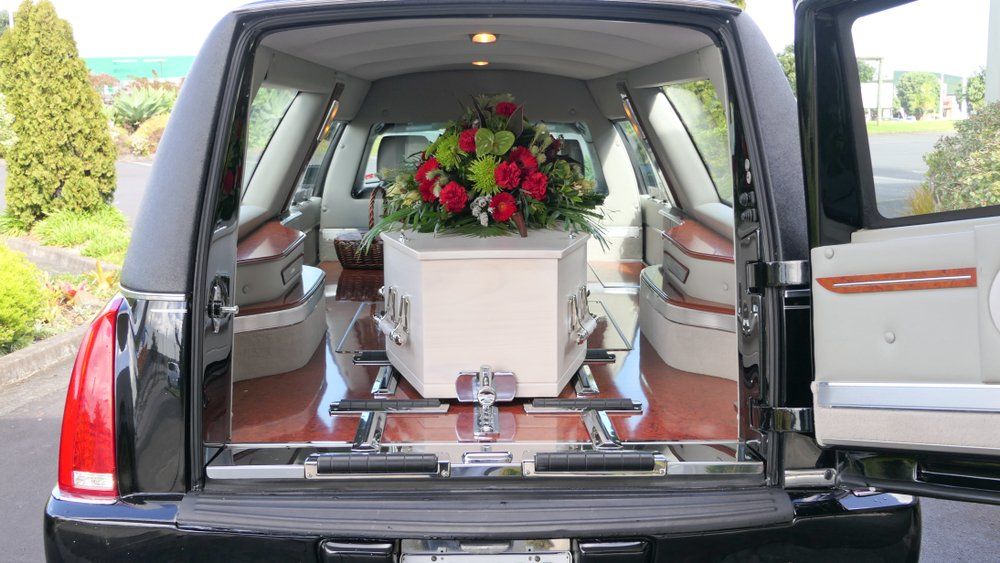
Funeral Home/Director Contact
First and foremost, you should begin this process by contacting your funeral home and/or funeral director. This individual will help guide you through all the stages of planning the funeral: Informing you on standard timetables for certain events, making sure you understand the costs associated with varying funeral options, and helping you understand all the important areas that need to be covered. A funeral director is an excellent guide who will help steer you through what’s often a difficult, emotional time.
Body Transportation
In addition, one of the first practical areas that you’ll need to attend to during funeral planning is transportation of the body to a funeral home or morgue. For those who have died in a nursing home, hospital or any other similar facility, this process will be simple and will usually be arranged by the facility itself (they will coordinate with close family, of course).
If your loved one has passed at home or outside a healthcare facility, the first step here instead is to call a non-emergency number or 911 to obtain a coroner. An autopsy may be required, for which a family member might have to sign an authorization form.
Determining Disposal Method
Also handled during this period, typically in coordination with your funeral director, is how the departed’s remains will be disposed of. In some cases, those who left a will ahead of their death will specify their desired format here, such as to be cremated or to be buried in a particular location. If this is not the case, you and other family members should consult and determine the preferred method based on your preferences, budget and other factors. There is no “right” or “wrong” answer here.
For more on how to handle the steps of funeral planning immediately following the death of a loved one, or to learn about any of our other funeral home services, speak to the staff at McDougal Funeral Home today.



